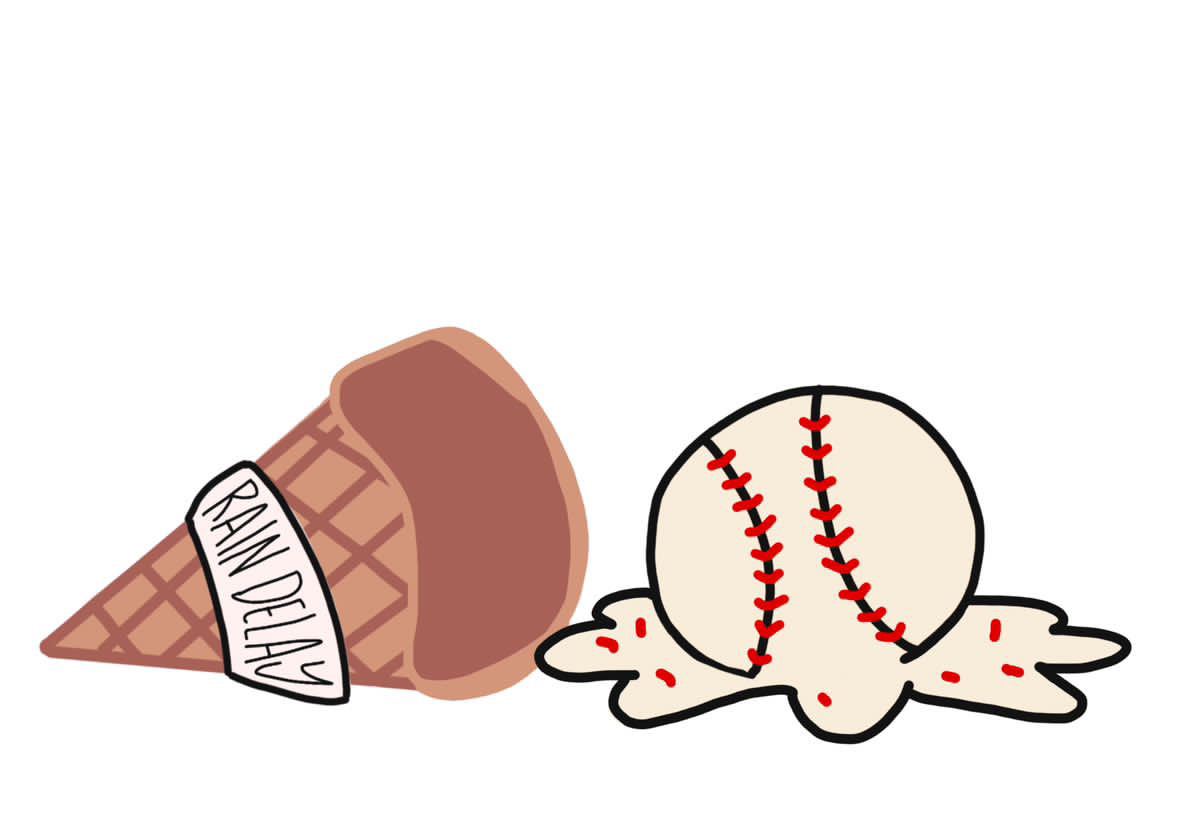Parents, don’t let your dieting affect your kids’ habits
February 11, 2022
As we dive into 2022, the annual tradition of New Year’s resolutions begin. With goals such as giving up dairy products, promises to eat less sugar and pledges to workout more, the promotion of self-restriction and dieting has appeared everywhere. According to February Bark survey, 66 percent of Redwood students reported that their parents have dieted or tried to lose weight for their New Year’s resolution. But what may appear to be a parent’s innocent goal to improve their health in the New Year can actually cultivate an unsafe space for children at home. When parents decide to diet for their New Year’s resolution, they tend to overlook the toxic implications those diets can have on their own children.
While parents abruptly start these diets as the new year begins, it is common for the nutritional needs of their children to clash with their restrictions. The conflict can arise when parents rid the kitchen of all sugary snacks and unhealthy foods to keep themselves consistent in their dieting.
An anonymous junior, who will be referred to as Jane, has experienced this kind of purging in her own household.
“Because my mom is on such a strict (New Years) diet, she doesn’t really like or allow me to bake. She doesn’t want sweets in the house,” Jane said.
Through this type of restriction and purging, children receive the message that many nutritious foods should not be eaten, because they are deemed unhealthy by dieting parents.

Additionally, due to these limited food options as a result of strict parental dieting, children could end up following their parents’ restrictive diets, which can be physically and mentally detrimental. According to Science.org, adults and children have very different nutriotional needs. As the human body enters adulthood, its metabolism begins to slow and burns less calories. Thus, adults generally need fewer calories to maintain a healthy, functioning body. Children and teens, on the other hand, have a faster metabolic rate, meaning they need a higher caloric intake to keep their bodies healthy. A statistic from Medical News Today states that adults only need 2,000-2,500 calories per day. In contrast, the 2015-2020 Dietary Guidelines for Americans revealed that childrens’ caloric needs range from 1,000 calories for an infant to 3,200 calories for an active 16-18 year old.
So, when parents go on extreme caloric deficits, they can create unhealthy standards that their kids feel pressured to follow. In turn, adolescents may limit their own caloric needs and negatively impact their health. Parents often fail to recognize how their eating habits can overly influence their children and encourage toxic eating behaviors.
Parents’ commentary can also tamper with children’s relationship with food. Restrictive habits from parents are further enforced onto children and teens when adults say phrases such as “I have been so bad today,” “I need to lose 10 more pounds” or “I have to weigh myself after dinner.” From a young age, children are taught to listen to and idolize their parents. Therefore, it becomes damaging when young people see their loved ones on the start of a New Year shame themselves for their weight and vocalize negative messages regarding their eating habits. Children witnessing their parents demonstrate self-deprecating tendencies suggests that losing weight and dieting equates to health, which does not represent a safe space. Overall, environments at home should uplift children’s identities and intuitive habits instead of forcing them to question their bodies and lifestyle.
If you are a parent that plans to diet this year, make sure to do it in a healthy way. Do not talk about your diets in front of your children, and teach your kids intuitive eating. Do not glorify unhealthy food restriction through New Year resolutions. Show them how to fuel their bodies correctly. Ask yourself as a parent, are you representing positive eating habits? Parents are role models, and the eating habits children form as youths will stick with them into adulthood, risking passing this vicious cycle down to their own children.





















